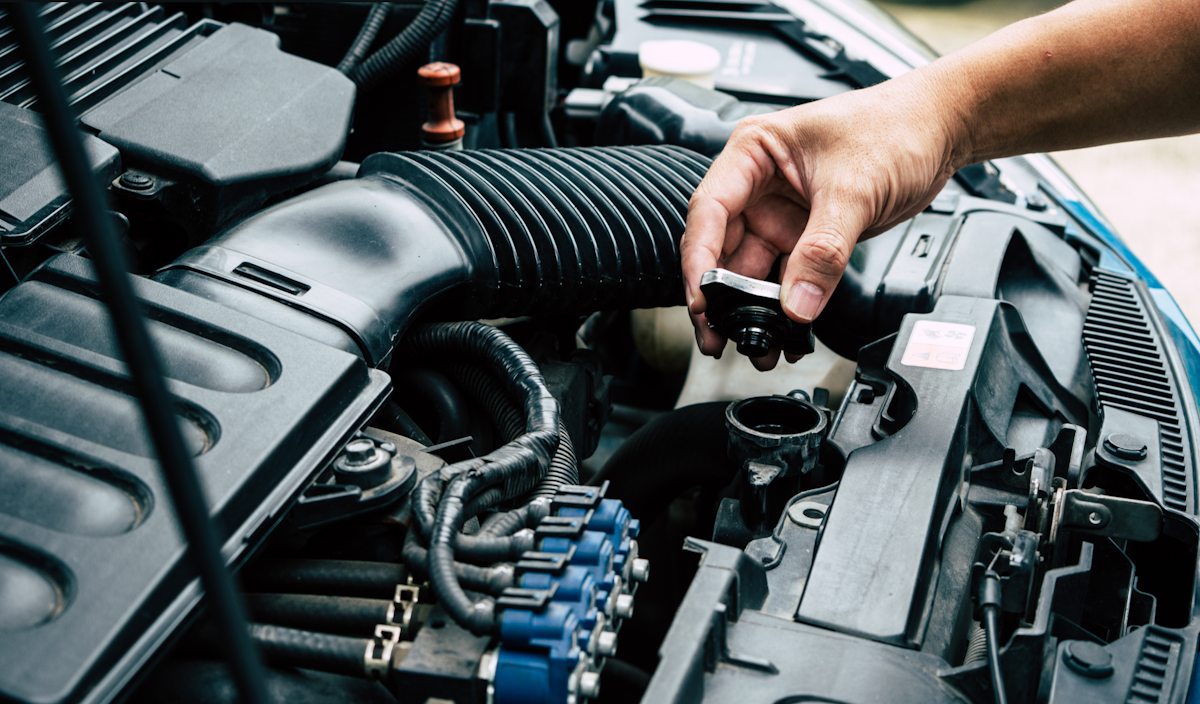
Car Service & Repair in Cannonvale
As your local Mechanic in Cannonvale, Airlie Beach and the Whitsunday region, Cannonvale Auto Repairs take great pride in offering clients the very best in car servicing and automotive repairs.
Read moreRadiators are vital components of a vehicle’s cooling system, yet they are prone to wear and failure over time due to various factors. Understanding the common causes of radiator failure can help vehicle owners take proactive measures to avoid costly repairs and maintain optimal engine performance. Below are some of the key issues that can lead to radiator failure:

Understanding these potential causes of radiator failure can help vehicle owners stay informed and take preventative measures to protect their cooling systems. Regular maintenance by Cannonvale Auto Repairs, including coolant replacement and system inspections, is essential to keeping your radiator in top condition and ensuring your vehicle remains reliable.
Radiators play a crucial role in keeping your vehicle’s engine at the optimal operating temperature. However, their performance is heavily influenced by temperature changes throughout the year. Extreme weather conditions can put additional strain on the coolant, which is responsible for absorbing and transferring heat from the engine to the radiator. When temperatures rise, the coolant may struggle to maintain its effectiveness, leading to potential overheating. Conversely, in colder conditions, the coolant’s composition must prevent freezing, which can cause blockages or damage within the radiator.
The efficiency of the coolant also depends on its chemical makeup and how well it has been maintained. Over time, the additives in coolant that prevent corrosion, scaling, and freezing can break down, reducing its ability to regulate temperature effectively. This can lead to increased wear on your radiator and other cooling system components. Regular maintenance and awareness of how temperature fluctuations impact the cooling system are essential to avoid unnecessary breakdowns and costly repairs.
To ensure your vehicle’s engine cooling system is functioning at its best, it’s essential to inspect not just the radiator, but other key components as well. A well-maintained cooling system prevents overheating, reduces wear on engine parts, and ensures reliable performance. Below are some critical areas that should be checked regularly:
By inspecting and maintaining these critical components, you can help ensure your vehicle’s cooling system operates efficiently and reliably. Regular maintenance not only prevents costly repairs but also extends the life of your engine and improves overall vehicle performance. Always consult a trusted mechanic for professional advice and servicing to keep your cooling system in optimal condition.
Don’t let radiator problems disrupt your journey. Visit Cannonvale Auto Repairs in Cannonvale today to experience our exceptional radiator and cooling system services. Together, we can maintain your vehicle’s performance and reliability for the long haul.


As your local Mechanic in Cannonvale, Airlie Beach and the Whitsunday region, Cannonvale Auto Repairs take great pride in offering clients the very best in car servicing and automotive repairs.
Read more
Protect your investment with pre-purchase inspections for used cars by Cannonvale Auto Repairs. Ensure your vehicle's safety, reliability, and longevity with our thorough inspections that can reveal hidden issues.
Read more
Cannonvale Auto Repairs have the expertise and knowledge to provide diagnostics, repairs and service on all European and Luxury vehicles...
Read more